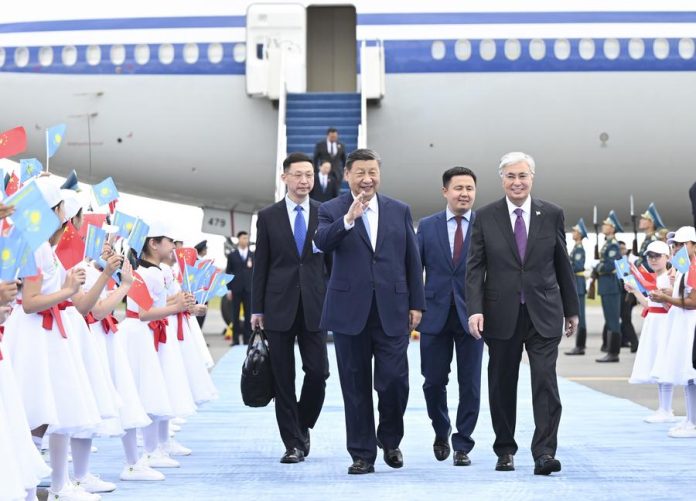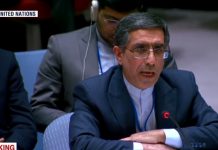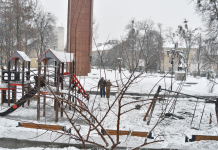Central Asia is pivotal to China’s Belt and Road Initiative (BRI), with Beijing enhancing its influence in the region for years, securing access to raw materials and transport routes.
Upon his arrival in Astana, Xi was warmly welcomed by Kazakh President Kassym-Jomart Tokayev and other senior officials. This is Xi’s fifth visit to Kazakhstan and the second one in less than two years, following his previous state visit in September 2022. The visit this time is expected to bring a renewed focus on the multifaceted aspects of bilateral ties and cooperation.
Xi and Tokayev emphasised the “unique permanent comprehensive strategic partnership” between the two nations.
“I would like to confirm that China always views relations with Kazakhstan from a strategic height and with a long-term perspective, considering Kazakhstan a priority of its foreign policy in relations with neighbouring countries and an important partner in Central Asia,” Xi stated. “Our will and determination to ensure Chinese-Kazakh relations remain unshakable.”
Tokayev highlighted the visit’s “exceptional importance”. “The People’s Republic of China is a friendly neighbouring state, an important strategic partner and one of our main allies,” he said, according to a statement from the presidency.

“I note with satisfaction that Kazakh-Chinese relations, based on unbreakable friendship and mutual support, are developing at an unprecedented pace. I highly appreciate your significant contribution to strengthening the eternal comprehensive strategic partnership between Kazakhstan and China.”
Kazakhstan is China’s largest trading partner in Central Asia, with bilateral trade reaching $41bn in 2023, a 32% increase from the previous year. Key Kazakh exports to China include oil, metals, grain, and other agricultural products.
Significant progress has been made in recent years in enhancing connectivity and economic integration through various BRI projects. Major initiatives include the Zhanatas wind farm, the Turgusun hydropower station, and the modernisation of the Shymkent Oil Refinery.
In Astana, Xi is attending the SCO summit, a regional political and security alliance established in 2001 by China and Russia. In addition to the two founders and four of the five Central Asian republics, it also includes India, Iran, and Pakistan. Belarus is a prospective member.
The 3-4 July summit in Astana will focus on economic and energy issues while also addressing the geopolitical fallout from Russia’s war on Ukraine. Russian President Vladimir Putin arrived in Astana for the summit on the morning of 3 July.
China and Russia have grown closer since Russia’s invasion of Ukraine in 2022, sharing a vision of a multipolar world order and reaching out to the Global South. However, the two nations vie for influence in Central Asia, a region historically under Moscow’s sway but increasingly significant to Beijing’s strategic interests.
Following the SCO summit, Xi will travel to Tajikistan to meet with President Emomali Rahmon, as well as to the Kyrgyz capital Bishkek. These visits are part of China’s broader strategy to expand its influence in Central Asia.
In recent years, China has increased its investments in Central Asia, financing mega-projects such as the China-Kyrgyzstan-Uzbekistan highway, and is also keen to build a railway linking the three countries.
Central Asia’s strategic importance to China has only increased as the region grapples with internal and external challenges. With Russia’s focus diverted to Ukraine and the US reducing its presence following the withdrawal from Afghanistan, China is poised to fill the power vacuum and enhance its role as a key economic and security partner in the region.
“The leaders of our countries launched a new ‘golden 30 years’ of cooperation between Kazakhstan and China,” said Gulnar Shaimergenova, director of Kazakhstan’s China Studies Center, referring to a joint announcement by the two heads of state during Xi’s visit in 2022.







